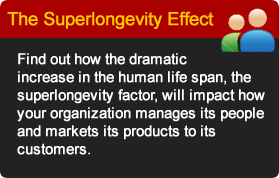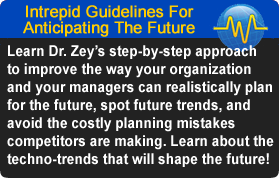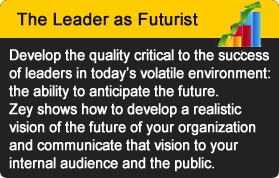Boost workers' minds, bodies to jump-start the US economy
Boost workers' minds, bodies to jump-start the US economy
April 17, 201611:00 PM MST
Yellen and Bernanke meet to discuss drop in productivity
Photo by Andrew Renneisen/Getty Images
A just-published release from the Atlanta Fed reveals that the first quarter 2016 GDP in the US increased by a near-recessionary 0.3%. continuing an almost decade-long trend of lackluster economic performance.
According to former Fed head Ben Bernanke and Capital Economics chief economist Paul Ashworth, the root cause of our current malaise is the sharp drop in worker output since
2011. The Labor Department says productivity in 2015 increased by a meager 0.7% and 0.8% in 2014. Worse, in the fourth quarter of 2015 productivity plummeted at a -2.2% annual rate.
What particularly perplexes economists is the fact that this slump in employee productivity has occurred in spite of companies pouring hundreds of billions of dollars into high-tech laborsaving technologies and new training programs normally expected to improve job performance.
If our efforts to boost productivity are not working, we must try a more creative albeit daring approach to the problem of mediocre worker output: Afford workers the opportunity to become "super-workers" through performance-enhancing technological and pharmaceutical solutions.
The experts seem to be overlooking the possibility that an underlying cause of slackening work performance might be that jobs are evolving to a point where they are outdistancing many workers' capacity to perform them. Jobs are becoming more complex, requiring for their effective and efficient execution employees with more human brain power, higher concentration levels, and increased stamina.
There are solutions. For more than a decade students, scientists, managers and even concert pianists have turned to powerful “nootropic” drugs such as Modafinal, Ritalin, Provigil, Piracetam and Donepezil to improve focus and information retention. Former Silicon Valley entrepreneur Dave Asprey recently told CNN that many of his rich entrepreneur colleagues regularly use nootropic “supplements” to improve their memory and boost their cognitive abilities. Wall Street insider blog Dealbreaker.com justified the already widespread use of nootropics due to their ability to enhance users’ productivity and focus. University of Oxford and Harvard Medical School research concluded that Modafinil users showed improvement in flexible thinking, coping with novelty, attention span, executive functions and learning.
Oxford and UCLA researchers have demonstrated that electronically stimulating a subject’s brain significantly boosts that person’s intelligence, memory and math abilities. DARPA, the DoD’s research arm, is considering electronic stimulation of the brain to increase soldiers’ mental acuity. Already appearing on the consumer market is Thync, a small device you wear on your head that uses “neurosignaling” to enable you to energize or calm yourself via a smartphone app.
The California Healthspan Institute, Las Vegas-based Cenegenicsand BodyLogicMD are administering HGH, the steroid testosterone and other hormones to thousands of men and women to help them achieve improved physical strength and appearance, sharper memory, enhanced sexual energy and greater immunity to disease. Amgen and Genentech are seeking to develop gene-based drugs to enhance various aspects of the human being, helping realize MIT Technology Review’s prediction that such breakthroughs will enable us to “engineer the human race” to create a “better human.”
Scientists now routinely 3D-print replacement and often improved body parts using living cells as the building material.
Clearly, people who improve their minds and bodies in the pursuit of excellence can perform their jobs better. Human enhancement will enable construction workers to build houses faster, firefighters and lifeguards to save more lives, police to protect their communities better, and scientists, inventors, teachers and business leaders to operate at peak intellectual levels.
If we could enhance the mental capabilities of scientists searching for a cure for cancer or trying to crack the secrets of nuclear fusion, are we all not better off?
Macro-trends such as increased longevity will ultimately encourage a greater acceptance of human enhancement technologies. As people live ever longer, they will work well into their seventies and eighties. Expect these older workers to turn to enhancement technologies to perform at their peak as they continue to contribute to the nation’s GDP as well as the Medicare and Social Security safety nets.
Moreover, it is inconceivable the US will buck the enhancement trend once China, Russia, and India begin using enhancement technologies to boost the mental and physical capabilities of their soldiers, scientists and workers. Perhaps not coincidentally the Presidential Commission for the Study of Bioethical Issues in its May 2015 report called for continued research into neural modification using the aforementioned pharmaceutical and technological approaches.
Future generations living in a society made infinitely more productive and vibrant by the enhancement revolution will look back and wonder why the human race didn't embrace this next step in the expansion of human potential sooner.
DR. ZEY'S PRESENTATION TOPICS



